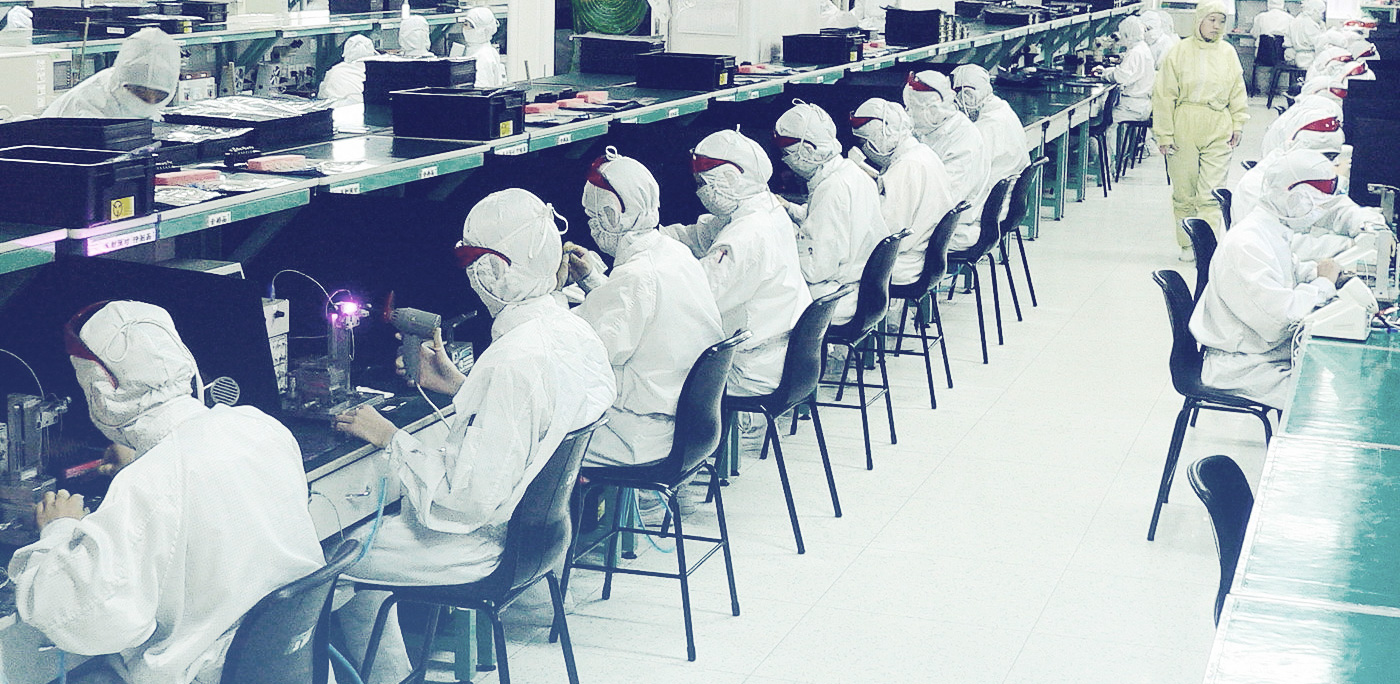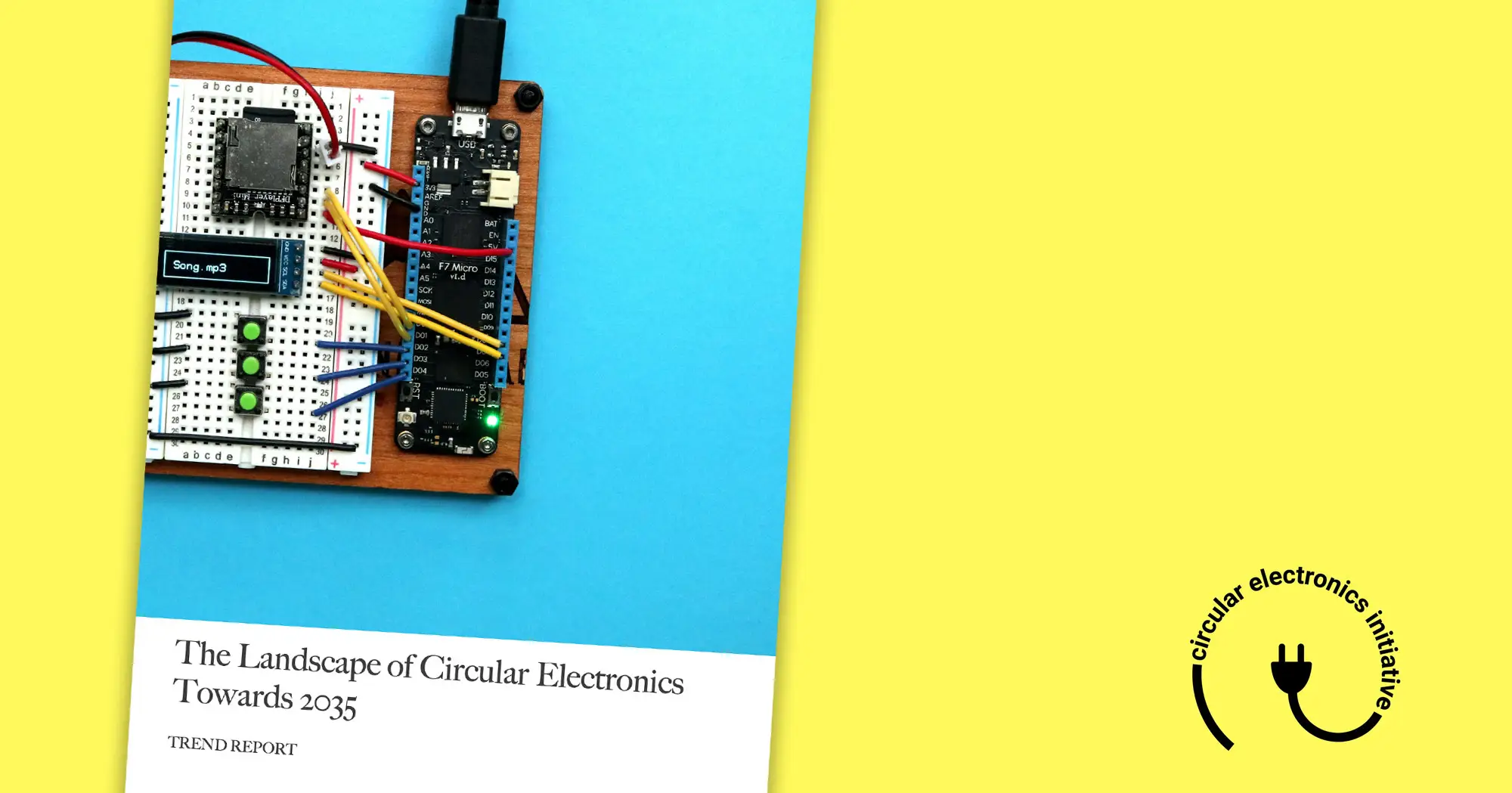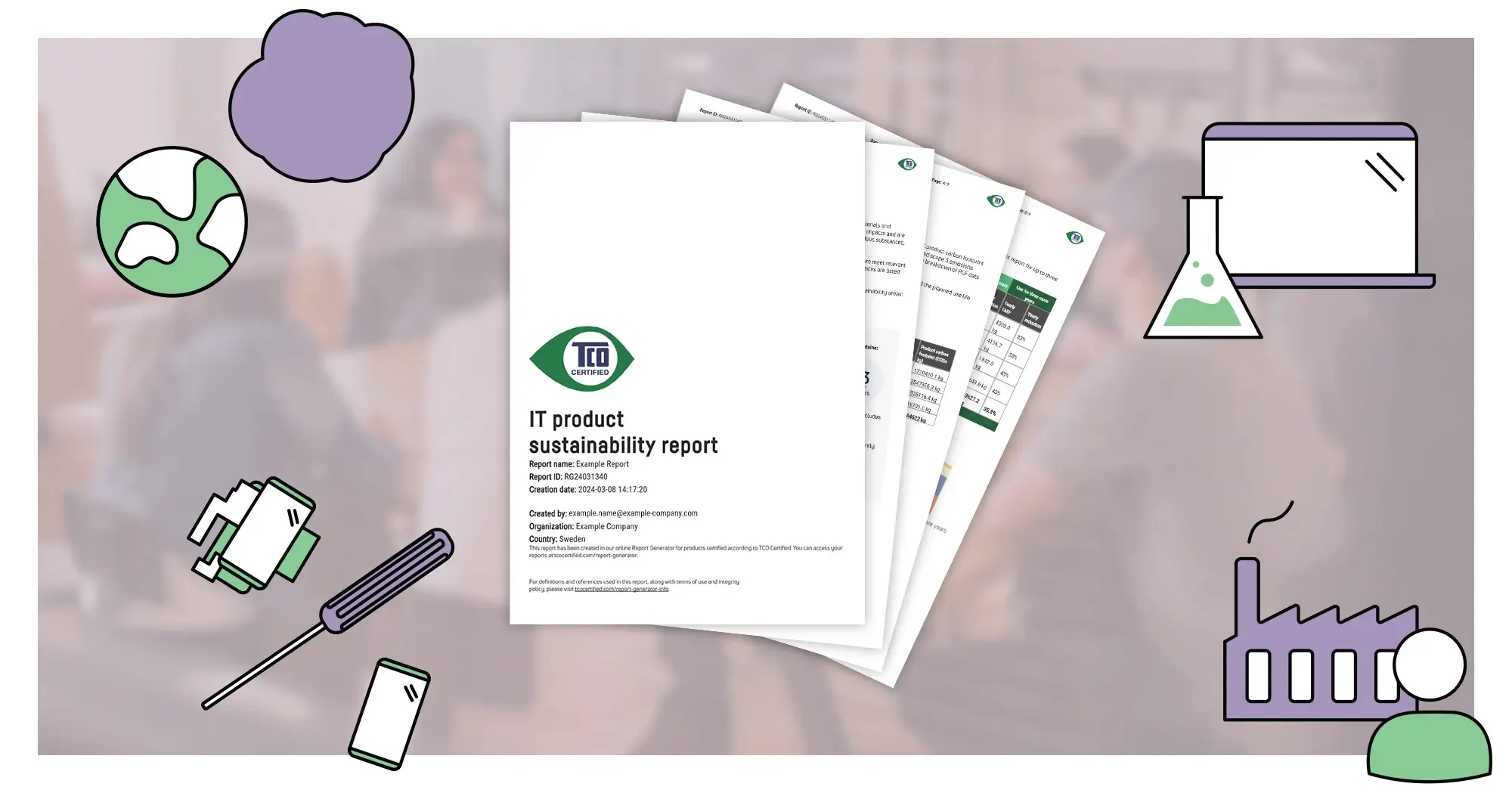This is an old press release and the information may be outdated
From Triple Pundit
It’s hard to believe, but as recently as the late 1990s, IT purchasers had a fairly straightforward task. Sure, equipment had to meet price, performance, functionality and compatibility requirements. But the ultimate goal was simply for stuff to work, and for users not to complain.
Since then, purchasing computers and other electronics has gotten a good bit more complex. At first, concerns about emissions prompted IT manufacturers to implement health and safety measures. At the dawn of the new millennium, we began to worry about environmental impacts, ushering in the green manufacturing era.
Then, about five years ago, the sustainability movement emerged, putting a sometimes harsh spotlight on the ethical aspects of producing and using electronics. Today, more and more purchasers understand that sustainable products aren’t just supposed to be good for the environment. They’re asking bigger questions, like “Was it manufactured by forced or child labor?” or “How were conditions in the factories?”
Some problems that plague IT production – like blocked fire exits or malfunctioning safety equipment – are relatively easy to solve. But the issues go much deeper. From migrant workers who have to pay for the privilege of serving as modern-day forced labor, to using student workers for menial tasks under the guise of education, to extreme overtime — the human costs of IT manufacturing can be staggering.
As organizations work to meet sustainability standards across their entire supply chain, they’re taking a hard look at the socioeconomic impacts of the electronics that form the backbone of their business. And they’re holding their vendors to ever-higher expectations.
The new era of sustainable electronics
As critical as environmentally sustainable purchasing is, it’s no longer enough. Today, responsible governments and businesses are also measuring the social impact of the electronics they purchase, with a view to driving long-term improvements in working environments and conditions.
This evolution began in Europe and is gaining momentum in the U.S. What’s driving the shift? It starts with savvy consumers and shareholders who want the organizations they do business with (and invest in) to share their values. But it’s also being driven by municipalities that have passed related legislation, and by procurement managers who care deeply about these issues.
These forward-thinking purchasers are now looking at ways to streamline the process of verifying that their products meet certain criteria. Third-party certifications have done that for years on the environmental front, but until recently, tracking socially responsible aspects of product manufacturing has been challenging.
Fortunately, that’s changing. My company, TCO Development, is currently the only certifier of electronic products based on both social responsiblity and environmental standards, but nonprofit organizations like the Sustainable Purchasing Leadership Council (SPLC) are accelerating the process by helping leaders prioritize opportunities to influence the socioeconomic impacts of purchased goods and services.
Certifying social responsibility
Certifying a product to environmental criteria is fairly straightforward. You take a product, you test it and you see if it includes environmentally dangerous substances, whether it’s recyclable, etc. Once the product has been verified, there is little risk that it will change.
But certifying a product for socially responsible manufacturing or human rights is fundamentally different. We have to be able to verify that these standards are being met on an ongoing basis. And while this kind of certification isn’t yet common, the global community has already established clear manufacturing standards.
In order for IT products to become TCO Certified, they must conform to:
- The International Labor Organization’s eight fundamental conventions
- National laws for worker rights, health and safety in the country of manufacture
- National laws for minimum wage and social security in the country of manufacture
- The U.N. Convention of the Rights of the Child
Certification works. Our audits and follow up verification have uncovered a critical need for change, and we’re working with many factories to monitor their corrective action plans. We’ve been able to implement and push for changes in a way no one has been able to do before.
The bottom line is that, through TCO Certified, we’ve increased pressure on companies to get proactively involved in social issues, and to take more responsibility for the programs in their factories. Not surprisingly, these companies (and their factories) are improving much more rapidly than they would have without certification.
Weighing the costs
Ensuring that IT purchases are both environmentally and socially responsible does come with a cost. But calculating the real importance of social responsibility to an organization’s IT procurement strategy takes bigger – and longer — thinking.
Every device we use in our workplace and at home has its own origin story, reflecting the factory where it was made, the way it was manufactured, and most important, the people who built it. With that story comes social and economic impacts that all manufactured products leave behind – consequences that can impact communities for generations.
By meeting criteria that consider the human impact of electronics purchases, organizations are aligning with the values and expectations of their customers, constituents, employees and shareholders. They’re not only building trust with these critical stakeholders, they’re fulfilling a higher mission on the global stage.
Image credit: Steve Jurvetson via Wikimedia Commons
Niclas Rydell is Product and Certification Director at TCO Development. To learn more about socially-responsible IT procurement, watch this webinar: Best Practice Sustainable IT Procurement.
Toward sustainable IT products
The organization behind the sustainability certification TCO Certified is TCO Development. Our vision is that all IT products should have an environmentally and socially sustainable life cycle. Science-based criteria and independent verification of compliance help us track and accelerate progress over time.
Contact
Dennis Svärd, Global PR Manager
dennis.svard@tcodevelopment.com
Mobile: +46 (0) 704 804 094




